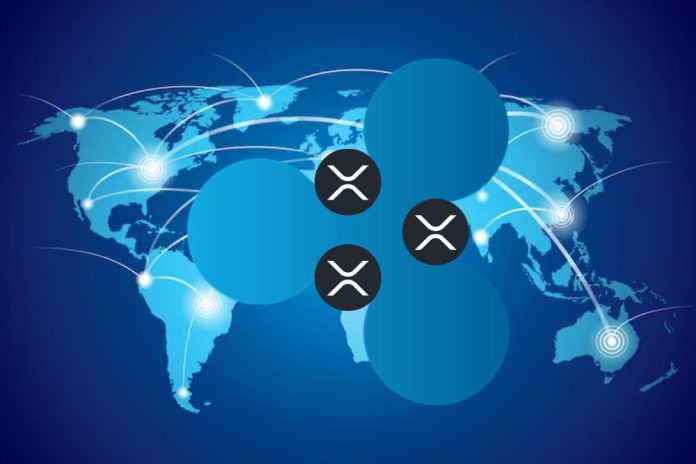The XRP integration in traditional finance could be enhanced by Ripple’s ISO 20022 compliance. Although the token is not directly related to ISO 20022, Ripple’s adherence to this widely accepted standard for financial messaging could be advantageous for the cryptocurrency.
The increased adoption of ISO 20022 by financial organizations may create avenues for integrating XRP into existing financial systems, particularly in cross-border payments.
The Importance of ISO 20022 in Global Finance
ISO 20022 is an increasingly important component in updating the worldwide financial messaging landscape. The standard makes it possible for financial institutions to share data easily, which increases the effectiveness and security of cross-border operations.
An estimated 72% of institutions connected to the SWIFT network anticipate switching to this new messaging system by November 2025.
SWIFT, the organization that facilitates a significant portion of cross-border payments, is leading the migration from its older messaging system (MT) to ISO 20022. The move is aimed at standardizing financial communications and streamlining payment processes, making it easier for financial institutions to operate on a global scale.
Ripple’s Role in ISO 20022
Ripple, a leading player in blockchain-based payments, became a member of the standards body in 2020. Ripple’s participation in this global financial standard allows its payment network, RippleNet, to integrate with other ISO 20022-compliant institutions. This compliance enhances RippleNet’s ability to connect with financial institutions worldwide through a unified API, simplifying cross-border transactions.
By aligning with ISO 20022, Ripple is positioning itself as a key player in the future of financial messaging. While RippleNet benefits from this compliance, the involvement also sparks discussions about how it might impact the native token.
Relationship with ISO 20022
Despite Ripple’s adherence to ISO 20022, XRP does not comply with the messaging standard. Some members of the cryptocurrency community have speculated that XRP is ISO 20022-compliant, largely due to Ripple’s participation in the standard.
However, this claim has been refuted by Ripple’s Chief Technology Officer, David Schwartz, who clarified that the token has nothing to do with ISO 20022. He emphasized that it is a messaging standard, while XRP functions purely as a cryptocurrency.
This distinction is important in understanding the relationship between Ripple’s blockchain network and the ISO 20022 messaging standard. XRP, although not directly compliant, may still benefit from Ripple’s alignment with the financial messaging framework.
We are on twitter, follow us to connect with us :- @TimesTabloid1
— TimesTabloid (@TimesTabloid1) July 15, 2023
Potential Benefits
Ripple’s compliance could benefit XRP indirectly by facilitating its adoption in traditional financial systems. As more banks and financial institutions transition to the ISO 20022 standard, Ripple’s payment solutions, particularly On-Demand Liquidity (ODL), which utilizes the native token as a bridge currency, may gain traction.
ODL allows for faster, cost-effective cross-border settlements by using XRP to bridge transactions between different fiat currencies. This reduces the need for pre-funded accounts and minimizes high transaction fees and delays, making it a compelling solution for financial institutions seeking efficient cross-border payment options.
Although the token is not ISO 20022-compliant, its use in Ripple’s payment infrastructure could lead to increased adoption, particularly among banks already aligned with the standard. As the financial industry grows with ISO 20022, Ripple’s involvement may create new opportunities for the token to be integrated into the wider financial ecosystem.
Ripple’s participation in the framework offers potential token adoption opportunities within traditional financial systems. Additionally, as financial institutions worldwide continue to transition to ISO 20022, Ripple’s payment solutions could benefit from increased demand, particularly in cross-border transactions.
Disclaimer: This content is meant to inform and should not be considered financial advice. The views expressed in this article may include the author’s personal opinions and do not represent Times Tabloid’s opinion. Readers are urged to do in-depth research before making any investment decisions. Any action taken by the reader is strictly at their own risk. Times Tabloid is not responsible for any financial losses.
Follow us on Twitter, Facebook, Telegram, and Google News



